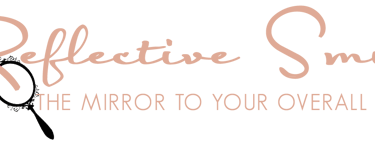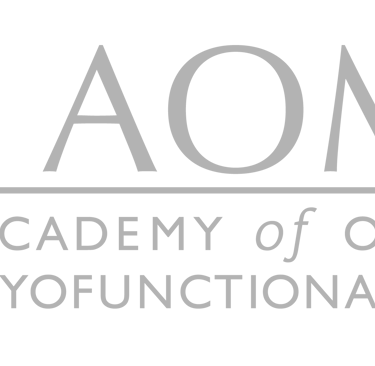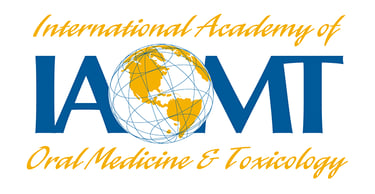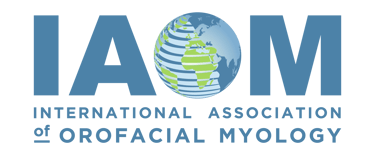
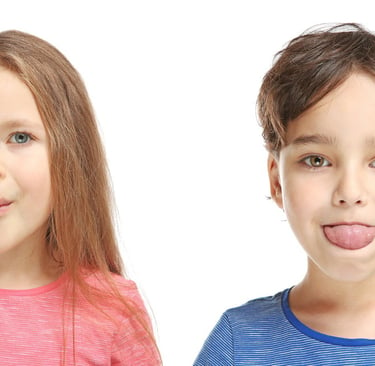
What is Myofunctional Therapy?
At Reflective Smiles, we specialize in Myofunctional Therapy for children and adults, enhancing jaw stability through targeted facial muscle training. We utilize a series of specialized exercises and behavior modification techniques to keep therapy fun and productive in the shortest amount of time possible.
The goal of Orofacial Myology is to correct and eliminate the symptoms of dysfunctional oral habits that may be influencing improper muscle patterns. These dysfunctional patterns can affect the normal growth, development, and function of the face, jaw and temporomandibular joints.
Dysfunctional habits may include mouth breathing, tongue thrusting, low tongue posture, clenching (bruxism), poor chewing habits (unilateral chewing, smacking of food), thumb sucking and nail biting.
The elimination of these habits can greatly reduce and improve issues affiliated with muscle-related TMD (temporomandibular joint dysfunctions), allergies, and breathing - related sleep disorders.
Through Orofacial Myology, positive habits are learned and reinforced through daily exercises. These habits include proper mouth and tongue posture, nasal breathing, and correct tongue elevation for drinking, chewing, swallowing, and speech, and nasal breathing.
Your tongue, lips, and facial muscles balance each other and when one is out of place or not working correctly, it throws off the balance of everything else.
Click on this wonderful PDF article to learn more:
Muscle Function Evaluation and the Emerging Field of Oro Facial Myology: Connecting dots with the Muscles
When Can Therapy Begin?
Therapy can begin after completing an initial exam/functional evaluation, accompanied by a referral from your dentist, orthodontist, ENT, or doctor.
What Does Therapy Involve?
Therapy involves a series of non-invasive, fun exercises that are targeted to address the cause of orofacial dysfunctions, instead of just the symptoms.
It is CRUCIAL that a responsible adult or parent assist in their child's therapy
A kit of materials and aides will be provided to you upon your first therapy visit.
Exercises are meant to be built upon, and daily practice is necessary for the desired outcome. Exercises should not take more than 15 - 20 minutes total for the day, and many exercises can be incorporated into your daily routine (even in the car or shower)!
Therapy sessions are 30-45 minutes, and are on a weekly basis for the first month. Sessions can take place at longer intervals once a foundational base has been established.
Since therapy works to address the underlying cause of dysfunctions instead of the symptoms, there is no magic number of session. I have had clients complete therapy in a few months, while others have taken longer due to different phases of orthodontics, sickness, surgeries, frenectomies, or failing to commit to regular therapy visits.
Therapy is dependent upon patient/parent participation and commitment. During this time, an individualized exercise program is created to help you achieve jaw stabilization, lip tone and strength, tongue tone, and a correct swallow pattern.
The bilateral function of the jaw or chewing muscles (masseter, posterior temporalis, pterygoid musculature) is introduced, and proper chewing and drinking techniques are taught.
We work to develop the soft palate, uvula and oropharyngeal muscles (important for airway and sleep).
We develop the back of the tongue, and teach the tongue its proper rest position which is in the roof of the mouth across the palate.
We work to eliminate jaw shifting, mouth breathing, tongue thrust, nail biting, and unilateral/ bilateral tongue flare.
Poor habits in the areas of sleep, and daily posture (leaning on the face, computer/desk, cell phone use, texting posture, and the use of water/sports bottle) are also addressed.
Therapy varies from person to person, as every individual has different needs to address their orofacial dysfunctions. 6-12 months is what can be expected for the average length of therapy.
How Long is Therapy?
How Successful is Therapy?
The success of therapy rests upon the severity of the disorder, patient motivation, patient compliance, and family support.
No patient is the same and there is no cookie-cutter approach. Every patient has different needs and circumstances. Some will progress quicker than others. Just like anything else in life, the more you put into your therapy with regular practice, the more progress you will see.
The one important factor in reaching your success is commitment and compliance with daily home assignments, and regular treatment attendance. In order to repattern and build the muscles involved, you will need to do it slowly, over time, to effectively reprogram your muscle memory.
On average It takes about 6 weeks to train one new muscle, and we are working with several. Like anything else worthwhile in life, therapy takes time, patience, and practice.
Studies confirm a 90 percent success rate with Orofacial Myology and its stable long term effectiveness.



